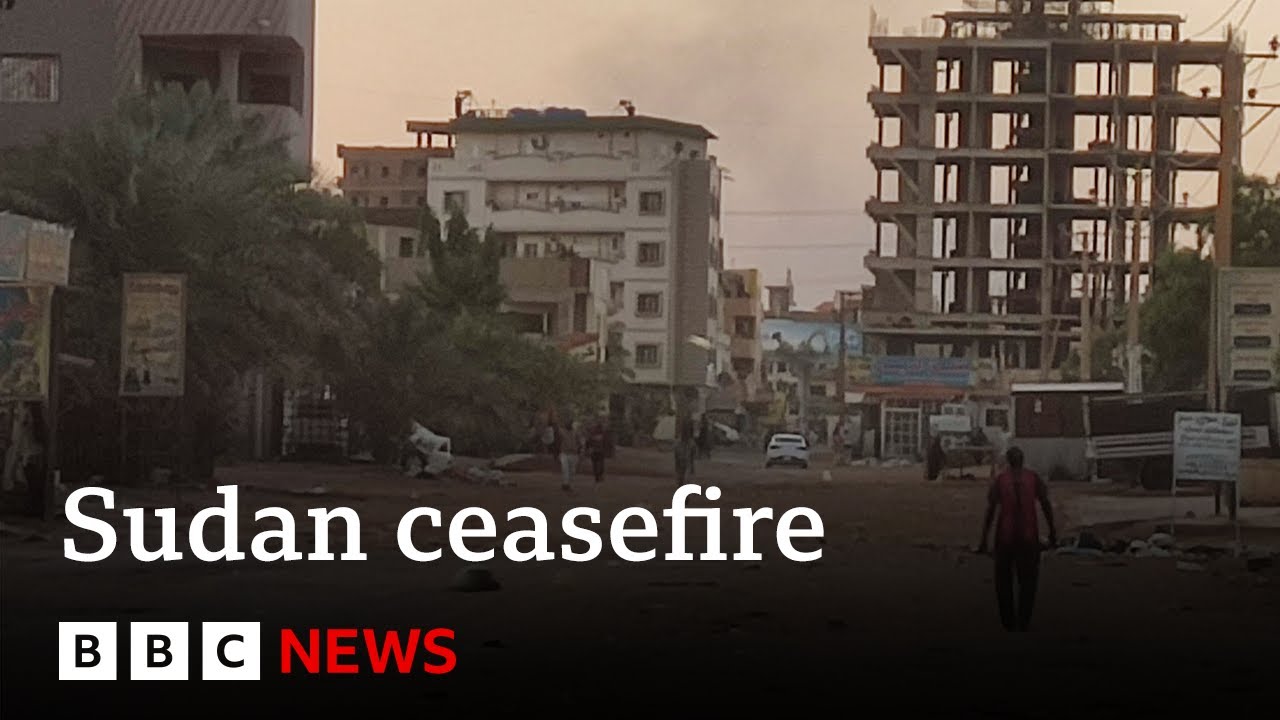
The US State Department announced the mediation initiative, emphasizing the urgency of reaching a truce to alleviate the humanitarian crisis. The ongoing conflict, which erupted in April, has led to thousands of deaths and displaced millions, with both sides accused of committing atrocities.
Sudanese Armed Forces and RSF representatives will meet in Jeddah, aiming to build on previous negotiations. Earlier attempts at brokering a ceasefire have been short-lived, with violations occurring soon after agreements were made. The international community remains hopeful that this round of talks will yield more durable results.
Humanitarian organizations have repeatedly called for an end to hostilities, citing severe shortages of food, water, and medical supplies. The United Nations Office for the Coordination of Humanitarian Affairs (OCHA) reports that over 25 million people are in need of aid, with many trapped in conflict zones, unable to access essential services.
The conflict has its roots in longstanding political and military rivalries. The RSF, originally a militia known as the Janjaweed, played a controversial role during the Darfur conflict. Despite attempts to integrate the RSF into the national military framework, tensions have persisted, exacerbated by differing political allegiances and control over lucrative resources.
Efforts to mediate the conflict have seen significant international involvement. The US has imposed sanctions on key military leaders from both factions, aiming to pressure them into negotiations. Saudi Arabia and Switzerland have leveraged their diplomatic channels, urging both sides to commit to a lasting peace.
Observers note that while previous talks have faltered, there is cautious optimism about this new round. Key issues on the table include establishing humanitarian corridors, enforcing ceasefire terms, and initiating a political dialogue to address underlying causes of the conflict.
Economic pressures also play a role in the urgency for peace. Sudan's economy, already fragile, has been further destabilized by the conflict. Inflation rates have soared, and the disruption of agricultural activities has led to widespread food insecurity. International financial institutions have stressed the need for stability to restore economic growth and development.
Civilians continue to bear the brunt of the violence, with reports of indiscriminate shelling and targeting of residential areas. Human rights organizations have documented numerous violations, calling for accountability and justice for victims. The International Criminal Court (ICC) has indicated it is monitoring the situation closely, with potential for investigations into war crimes.
Regional stability is also at stake, with neighboring countries affected by the spillover of refugees and cross-border skirmishes. The African Union has reiterated its support for a peaceful resolution, emphasizing the importance of regional cooperation in addressing the crisis.
The stakes for the Jeddah talks are high. Failure to reach an agreement could lead to further escalation, with dire consequences for Sudan and the broader region. As diplomats and negotiators prepare, the world watches, hopeful for a breakthrough that could end the suffering and pave the way for a stable and peaceful Sudan.
Topics
Politics
